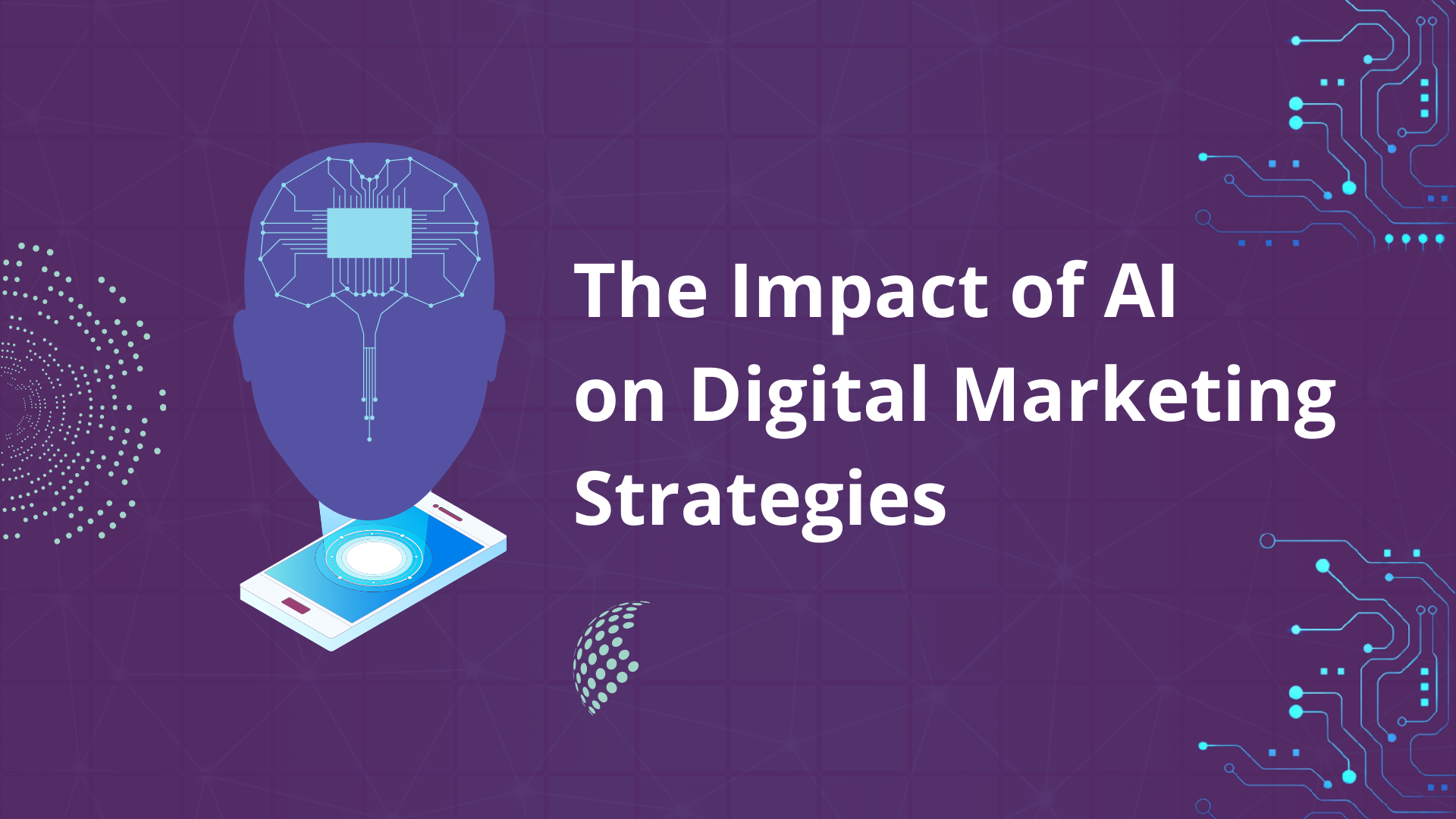The Revolution Begins: AI in Marketing
In the fast-paced world of digital marketing, staying ahead of the curve is essential for success. With the rapid advancements in technology, marketers are constantly looking for new ways to reach their target audience and drive sales. One of the most revolutionary developments in recent years has been the integration of artificial intelligence (AI) into marketing strategies.
AI has completely transformed the way marketers approach their campaigns, allowing for more personalized and targeted messaging. By analyzing vast amounts of data, AI can identify patterns and trends that would be impossible for a human to detect. This data-driven approach enables marketers to create highly effective campaigns that resonate with their audience on a deeper level.
One of the key ways that AI is shaping marketing strategies is through the use of predictive analytics. By analyzing past behavior and interactions, AI can predict future actions and preferences of consumers. This allows marketers to tailor their messaging and offers in a way that is more likely to result in a conversion.
Another way that AI is revolutionizing marketing is through the use of chatbots and virtual assistants. These AI-powered tools can interact with customers in real-time, providing them with personalized recommendations and assistance. This not only enhances the customer experience but also allows marketers to gather valuable data on consumer preferences and behavior.

Image Source: starling.social
AI is also being used to optimize marketing campaigns in real-time. By continuously analyzing data and performance metrics, AI can make adjustments to campaigns on the fly, ensuring maximum effectiveness. This level of automation and optimization is something that would be impossible to achieve manually.
In addition to these advancements, AI is also helping marketers better understand their audience through sentiment analysis. By analyzing social media posts, reviews, and other online content, AI can determine how consumers feel about a particular brand or product. This insight allows marketers to tailor their messaging to better address the needs and concerns of their target audience.
Overall, the integration of AI into marketing strategies represents a significant shift in the industry. Marketers are no longer relying on gut instincts and guesswork to drive their campaigns. Instead, they are leveraging the power of AI to make data-driven decisions that lead to better results.
As we continue to see advancements in AI technology, the possibilities for marketing are endless. From personalized messaging to real-time optimization, AI is shaping the future of digital marketing in ways we could have never imagined. The revolution has begun, and marketers who embrace AI are sure to stay ahead of the curve in this ever-evolving industry.
Embracing Change: Digital Strategies Evolve
In the fast-paced world of digital marketing, staying ahead of the curve is essential for success. With the rapid advancements in technology, it’s crucial for businesses to constantly evolve their digital strategies to keep up with the ever-changing landscape. One of the key drivers of this evolution is the integration of artificial intelligence (AI) into marketing practices.
AI has revolutionized the way businesses interact with their customers, analyze data, and create personalized marketing campaigns. By leveraging AI-powered tools and algorithms, marketers can gain valuable insights into consumer behavior, preferences, and trends. This allows them to tailor their strategies to target specific demographics and drive more impactful marketing campaigns.
One of the most significant ways AI is shaping digital marketing strategies is through the use of predictive analytics. By analyzing past data and trends, AI can predict future outcomes and help businesses make more informed decisions. This enables marketers to anticipate customer needs, optimize their marketing efforts, and stay one step ahead of the competition.
Another key aspect of AI in digital marketing is the use of chatbots and virtual assistants. These intelligent systems are capable of engaging with customers in real-time, providing personalized recommendations, answering queries, and even completing transactions. This not only enhances the customer experience but also helps businesses streamline their operations and improve efficiency.
AI also plays a crucial role in content creation and optimization. By utilizing natural language processing and machine learning algorithms, marketers can generate high-quality content, optimize it for search engines, and deliver it to the right audience at the right time. This not only saves time and resources but also ensures that content remains relevant and engaging.
Furthermore, AI-powered tools can help businesses automate their marketing campaigns, from email marketing to social media advertising. By analyzing customer data and behavior, AI can determine the best times to send marketing messages, the most effective channels to reach customers, and the most relevant content to share. This level of automation not only saves time but also ensures that marketing efforts are targeted and personalized.
In addition to improving customer engagement and personalization, AI is also reshaping the way businesses measure and analyze the success of their marketing campaigns. By tracking key performance indicators (KPIs) in real-time, AI can provide valuable insights into campaign performance, customer engagement, and ROI. This allows marketers to make data-driven decisions, optimize their strategies, and maximize their marketing budget.
Overall, the integration of AI into digital marketing strategies is revolutionizing the way businesses connect with their customers, drive sales, and achieve their marketing goals. By embracing change and evolving their strategies to incorporate AI-powered tools and technologies, businesses can stay ahead of the competition and thrive in the digital age. The transformation of digital marketing is ongoing, and AI is shaping the future of marketing in exciting and innovative ways.
The Impact of AI on Digital Marketing Strategies